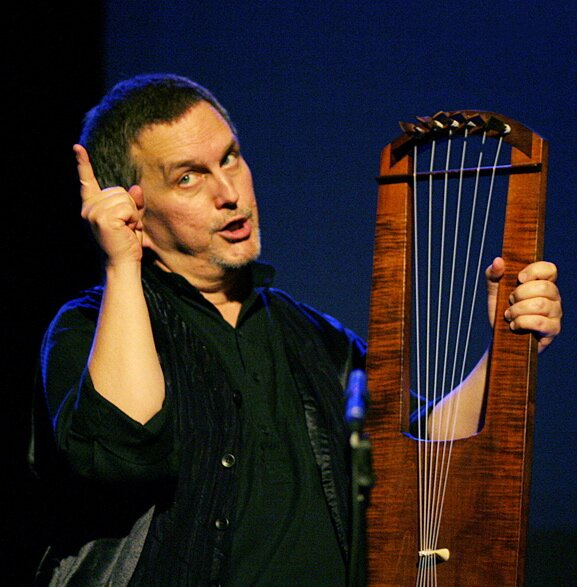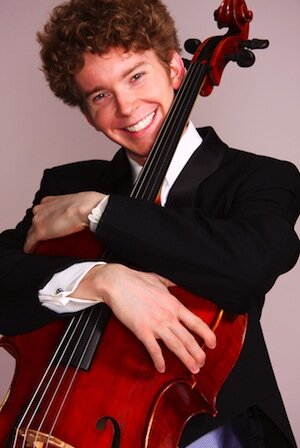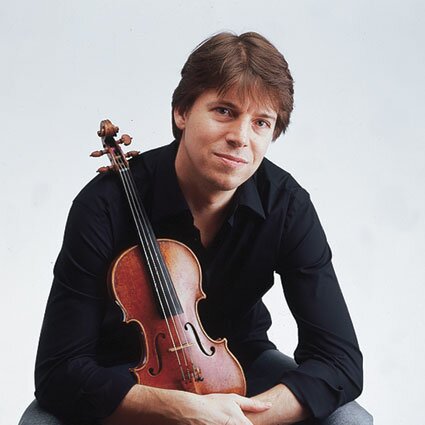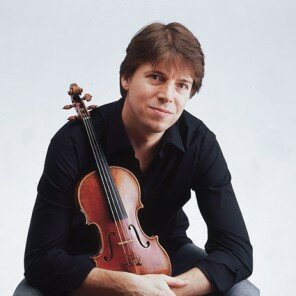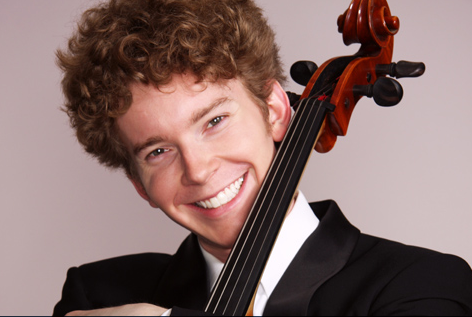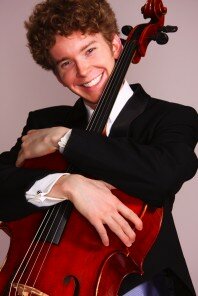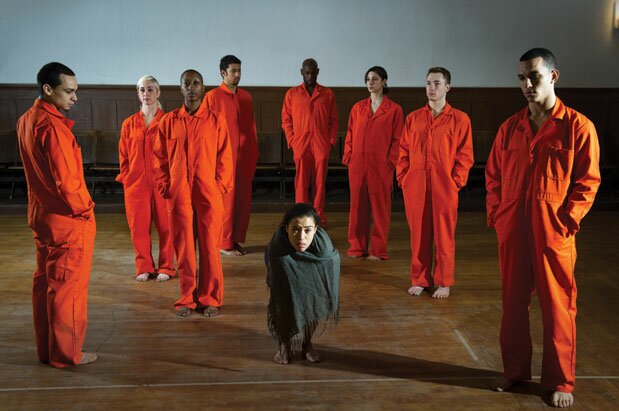
This month, head to the classical concert hall for some serious time-traveling. Experience a cantata that was lost to the world for hundreds of years, then expand your horizons with new local music that’s hot off the press. No matter if you’re a fan of modern dance, medieval literature, or sports and games, there’s something on the calendar for you this April.
Apr. 5 – 6 — Lost to the world until 2001, Handel’s cantata Gloria was rediscovered at the Royal Academy of Music library. Now’s your chance to hear this recovered masterpiece in Seattle. This weekend, Pacific MusicWorks performs Gloria as part of an all-Handel program, which also includes the celebrated cantata Apollo e Dafne.
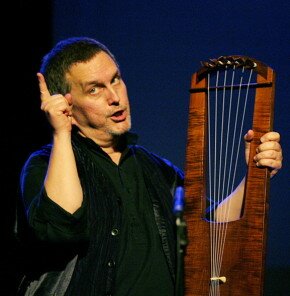
Apr. 6 — Calling all Renaissance fair devotees, Lord of the Rings fans, and classical literature aficionados! Experience medieval storytelling with Benjamin Bagby’s retelling of Beowulf. At this presentation hosted by the Early Music Guild, Bagby recounts the epic tale in Old English (modern English subtitles provided) while accompanying himself on the Anglo-Saxon harp.
Apr. 10 — Head to Town Hall for an evening of playful new music inspired by games. Joined by ever-ebullient cellist Joshua Roman, the Talea Ensemble performs light-hearted works from the 20th and 21st centuries, including pieces by Milton Babbitt and John Zorn. With a program featuring titles such as “Pong,” “Deuce,” and “Match,” this concert has a serious emphasis on fun.
Apr. 11 – 13 — Spectrum Dance Theater‘s Donald Byrd celebrates ten years as artistic director by returning to his roots with a re-staging of A Cruel New World/the new normal, Byrd’s first original work with the ensemble. A commentary on life in a post-9/11 world, the production makes use of the expansive Emerald City Trapeze Arts Aerialdrome. What tricks is Byrd hiding up his sleeve for this unusual choice of venue?
Apr. 13 – 14 — Drawing inspiration from the tempting songs of the mythical Sirens, contemporary choral ensemble The Esoterics explores the theme of call-and-response in vocal music. The program touches on an intriguing variety of topics, jumping from Homer’s Odyssey to the Iraqi War and even touching on popular television drama The Wire.
Apr. 19 & 21 — Experience chamber music up close with Simple Measures. The chamber music collective brings together stars of the local classical music scene for intimate performances. This month, new Seattle Symphony concertmaster Alexander Velinzon joins forces with cellist Rajan Krishnaswami, pianist Mark Salman, and clarinetist Sean Osborn for a program of works that explore the musical element of harmony.
Apr. 26 — The musicians of the Seattle Symphony are more than just talented performers — they’re skilled composers as well. Hear world premiere performances of compositions by Symphony musicians Seth Krimsky, Ben Hausmann, and Jordan Anderson at this late-night concert, the third installation in “Untitled,” a popular new series featuring 20th century and contemporary music.
Apr. 27 – 28 — The Auburn Symphony pulls out all the stops with two dramatic masterpieces: Strauss’ Death and Transfiguration and Stravinsky’s Rite of Spring. Both works tell powerful musical stories. Death and Transfiguration follows the meditations of a dying artist as he recounts scenes from his life, while Stravinsky’s infamous ballet depicts a ritual sacrifice in primeval Russia.
Apr. 28 — Celebrate with the talented young musicians of the Seattle Youth Symphony Orchestra as they commemorate seventy years of music education and outreach. Hear performances by SYSO’s four orchestras, watch archival films of landmark moments in the organization’s history, and support the young classical musicians of the future.
